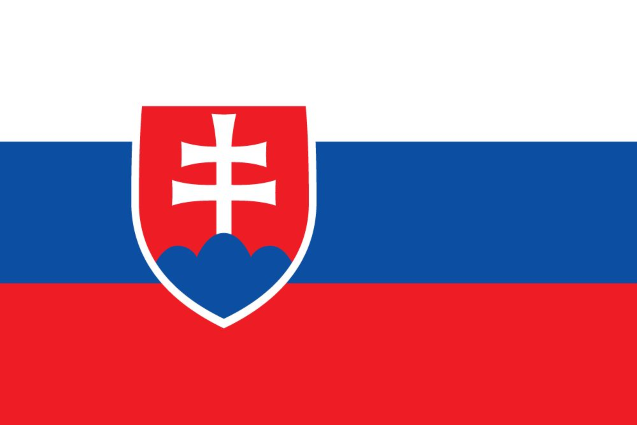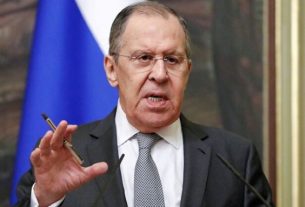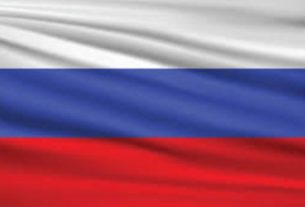Robert Fico, Slovakia’s three-time prime minister, has a chance to return to power in a closely fought early election on Saturday, raising the prospect of the central European country dropping its staunch support of neighbouring Ukraine.
Fico’s SMER-SSD party has a narrow lead over liberal Progressive Slovakia (PS), which has pledged to stay the course on foreign policy, in two out of four final opinion polls.
Late voter shifts put PS a whisker ahead in the other two polls.
A government led by Fico’s party could forge an alliance with Hungarian leader Viktor Orban, who has been an outlier on Ukraine and spars with the European Union over the rule of law.
Such an alliance may be reinforced if Poland’s conservative PiS wins another term in October, although PiS has a hawkish view on Russia.
The leading Slovak party is expected to get the first chance from liberal President Zuzana Caputova to form a cabinet.
But who succeeds will depend on the results of half a dozen smaller parties as SMER-SSD and PS will fall short of a majority and need several allies in the 150-seat parliament.
The third-largest party and possible kingmaker is the moderate-left Hlas (Voice) of Peter Pellegrini, a former member of SMER-SSD and prime minister in 2018-20. He has kept his options open but is seen closer to Fico.
Antigovernment protests
Fico, 59, resigned in 2018 after protests against corruption following the murder of an investigative journalist.
He adopted more pro-Russian views, amplified by disinformation on social networks, in opposition to a centre-right coalition that ruled the country from 2020.
That coalition fell apart last year and was replaced by a caretaker cabinet.
Fico has pledged to end military aid to Ukraine, a sharp U-turn from Slovakia’s current position as a supplier of heavy equipment to its eastern neighbour.
“We refuse statements and positions that state that the current Russia-Ukraine conflict is our conflict as well,” Fico told the Reuters news agency in an email.
Political analyst Grigorij Meseznikov said that, despite fiery rhetoric, Fico had a record of avoiding unnecessary clashes with Brussels or NATO allies, but having Orban as an ally would embolden him.
“Orban has managed to at least complicate adopting [Russia] sanctions packages … Fico will be doing the same,” he said. “They will support each other.”
“He will stop the weapons [for Ukraine], that is what he gains support on.”
Migration policy
Fico has criticised migrants being allowed through Slovakia and said in a Tuesday television debate he would immediately impose controls on the border with Hungary.
Fico’s policies would depend on what coalition SMER-SSD could form. Potential partners range from Hlas to the far-right Republika, which foreign diplomats said would be a red line for Slovakia’s allies.
Centrist liberal voters have flocked to the nonparliamentary PS, led by Oxford political science graduate and European Parliament Vice-Chairman Michal Simecka, 39.
PS has ruled out working with extremists or with Fico.
The party has run a strongly pro-European campaign and would be closer within central Europe to the Czech Republic.
It is open to working with small conservative parties, though any such alliance could be unstable due to ideological differences.
Fico faced criminal charges in 2022 of using sensitive information on political opponents. The charges, which he denied, have been dropped, though the investigation continues.
Fico has sought the removal of the country’s special prosecutor dealing with high-level corruption cases.
Any such steps would be closely watched by Brussels, which could withhold EU subsidies – as it has in rows with Poland and Hungary – if it deems they go against rule of law, an EU diplomat told Reuters.__Al Jazeera





